Ghana’s Cocobod is encountering difficulties in obtaining its usual syndicated loans. As a result, the regulator has decided to borrow $150 million to $200 million from cocoa traders to partially finance bean purchases for the 2023/24 season.
Fiifi Boafo, the public affairs manager of the regulator, informed Reuters that the challenges in securing loans from banks compelled Cocobod to explore alternative sources, such as loans from cocoa traders.
Traditionally, Cocobod, the industry regulator of the world’s second-largest cocoa producer, obtains an international syndicated loan every September to support licensed buyers in purchasing cocoa from smallholder farmers for export.
For the current season, Cocobod had initially planned to borrow $1.2 billion, with $800 million coming from a syndicate of lenders and $400 million from other sources.
Due to delays in the syndication process, Cocobod turned to cocoa traders to fill the funding gap, as confirmed by Fiifi Boafo. The funds obtained will be repaid using the proceeds from the season’s harvest.
Boafo stated that discussions were held with buyers to secure capital for the purchases, ensuring that the required funds are available when supplying the beans, although he did not specify the exact amount accessed thus far.
Boafo said that the approval processes for the agreements on the $800 million syndicated loan would commence in parliament this week. After receiving approval, Cocobod plans to proceed with signing agreements with its partner banks.
Cocobod’s fiscal position
Over the past six years, Ghana’s Cocobod has been facing financial challenges, marking a significant shift from its last profitable year in 2015. Since 2016, the organization has incurred losses for six consecutive years, culminating in a worrying trend.
The annual losses have steadily escalated, starting from less than GHS200 million in 2016 and ballooning to a substantial GHS2.4 billion in 2021. This consistent pattern of financial decline has raised concerns about Cocobod’s financial sustainability and operational efficiency. Between 2012 and 2021, Cocobod’s losses amounted to a staggering GHS5.1 billion, highlighting the severity of the financial strain. In contrast, its profits during the same period were a mere GHS481 million , underscoring the organization’s struggle to maintain a positive financial outlook.
Ghana’s cocoa exports
In the recently concluded season, Ghana experienced a significant setback, losing approximately 150,000 metric tons of cocoa beans to smuggling and illegal mining activities, known as galamsey. However, Ivory Coast continues to maintain its position as the world’s leading cocoa producer, yielding a staggering 2.2 million tons annually. In comparison, Ghana occupies the second spot, producing around 750,000 tons of cocoa beans in the just ended season.
Ghana’s cocoa industry is currently under pressure due to tough competition from emerging players such as Ecuador and Brazil. Both countries are actively focusing on enhancing their annual cocoa production. This intensified competition poses a challenge for Ghana, urging the nation to adapt and innovate in order to maintain its standing in the global cocoa market.
source: myjoyonline














